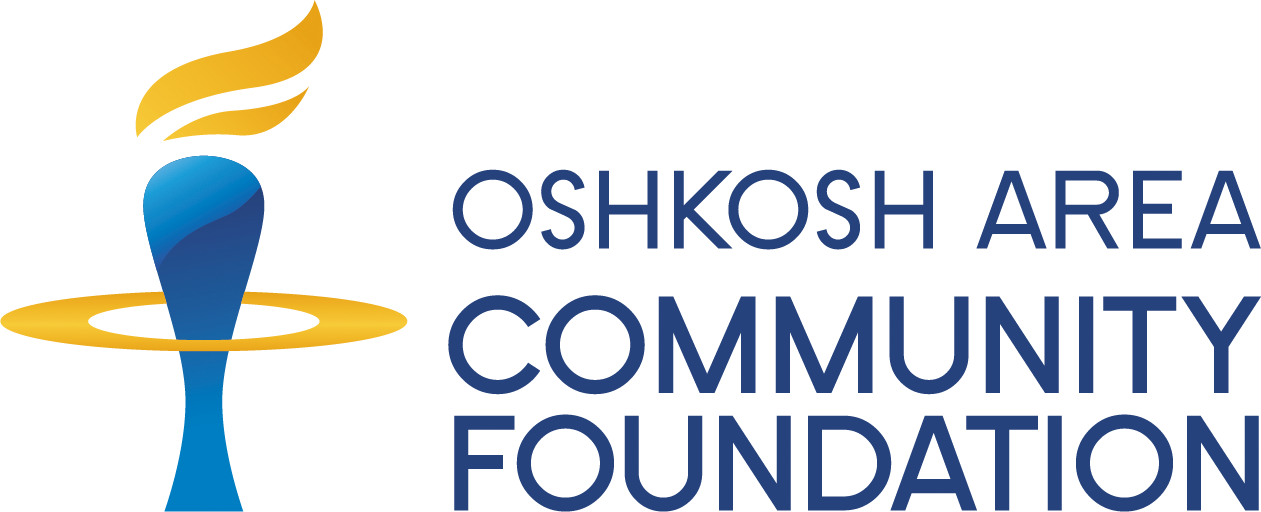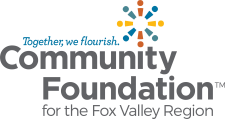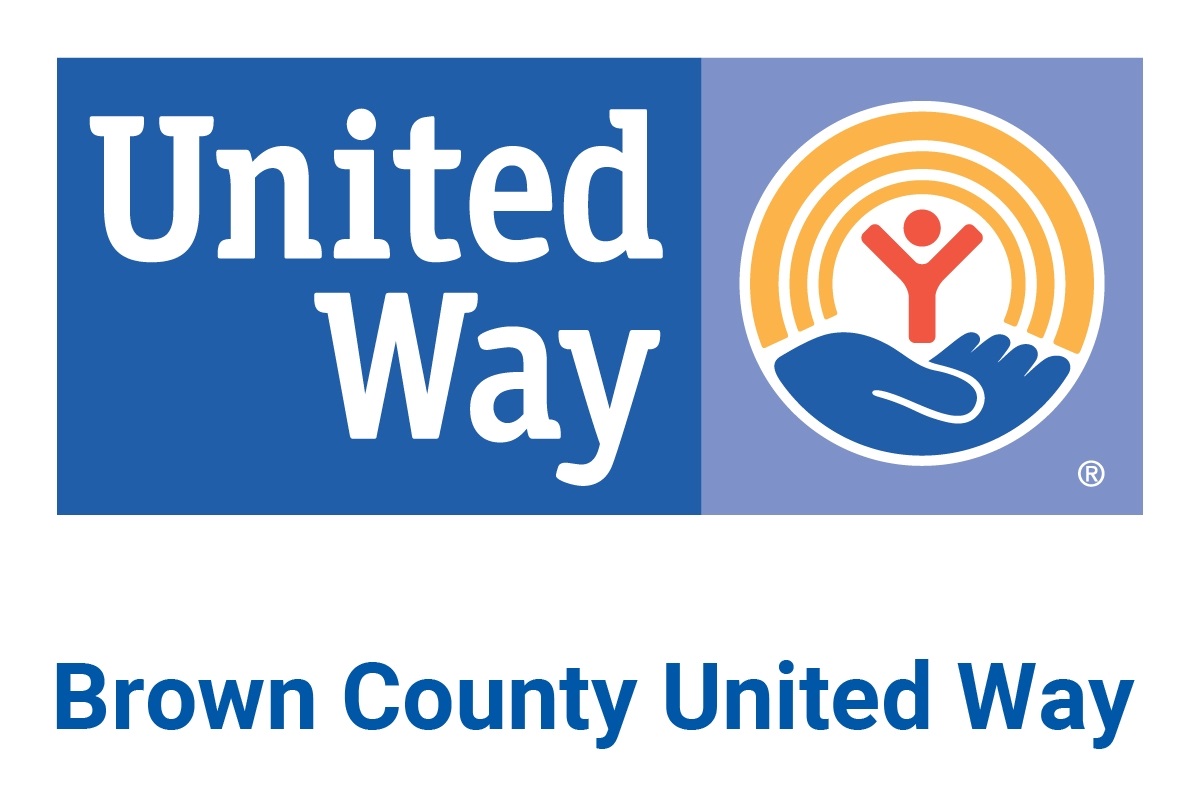How Will You Respond to Coronavirus?

Like all organizations, your nonprofit may be scrambling to respond to the uncertainty surrounding the global response to coronavirus.
Two concrete actions you can take: (1) Proactively develop a policy or procedure guiding your team and those you serve, and (2) Prepare yourself to lead with resiliency through this crisis.
InterSector has assembled several resources to support your efforts to do so. As with all policies, review by your own legal counsel in light of your specific context is recommended.
CDC Interim Guidance for Businesses and Employers
The Centers for Disease Control and Prevention are continually updating their guidance to employers. They offer detailed consideration for the development of policies and procedures.
von Briesen Coronavirus Best Practices for Planning and Policy Development
Robert Simandl of von Briesen & Roper, S.C., shared this guidance at the Fox Valley SHRM annual labor law update on March 9. He further recommended that any policy you draft be reviewed by your legal counsel.
The Society for Human Resource Management has prepared a suite of forms, policy templates and toolkits. These are available to SHRM members only. You might consult board members or other volunteers who work as HR professionals for support in accessing these resources.
Sample Procedure – Foundations Health And Wholeness
InterSector advisory team member Ryan Good, president and CEO of Foundations Health and Wholeness in Green Bay, provided his organization’s procedure as an example for other nonprofits to consider.
FREE Training: Resiliency@Work – Leading through Crisis
InteraWorks, the company behind Effective EDGE, in partnership with the J. J. Keller Foundation, InterSector and the Nonprofit Leadership Initiative, will provide a free web-based training on April 2. A first session on April 2, 9-11 a.m., is now full. A second session on April 2, 1-3 p.m., is available for registration.
Register for the April 2, 1-3 p.m. session, here. Deadline is March 25.
The session for up to 30 leaders will cover neuroscience-based practices to aid in calming the natural fear response. These practices will focus on:
- Mental Resiliency: Develop a solution-oriented Leader’s State of Mind.
- Emotional Resiliency: Improve your ability to focus amid distractions, and take calm, clear action.
- Physical Resiliency: Use simple practices to improve your well-being and that of those around you.
- Spiritual Resiliency: Access compassion and courage to find meaning and purpose in the face of chaos.










